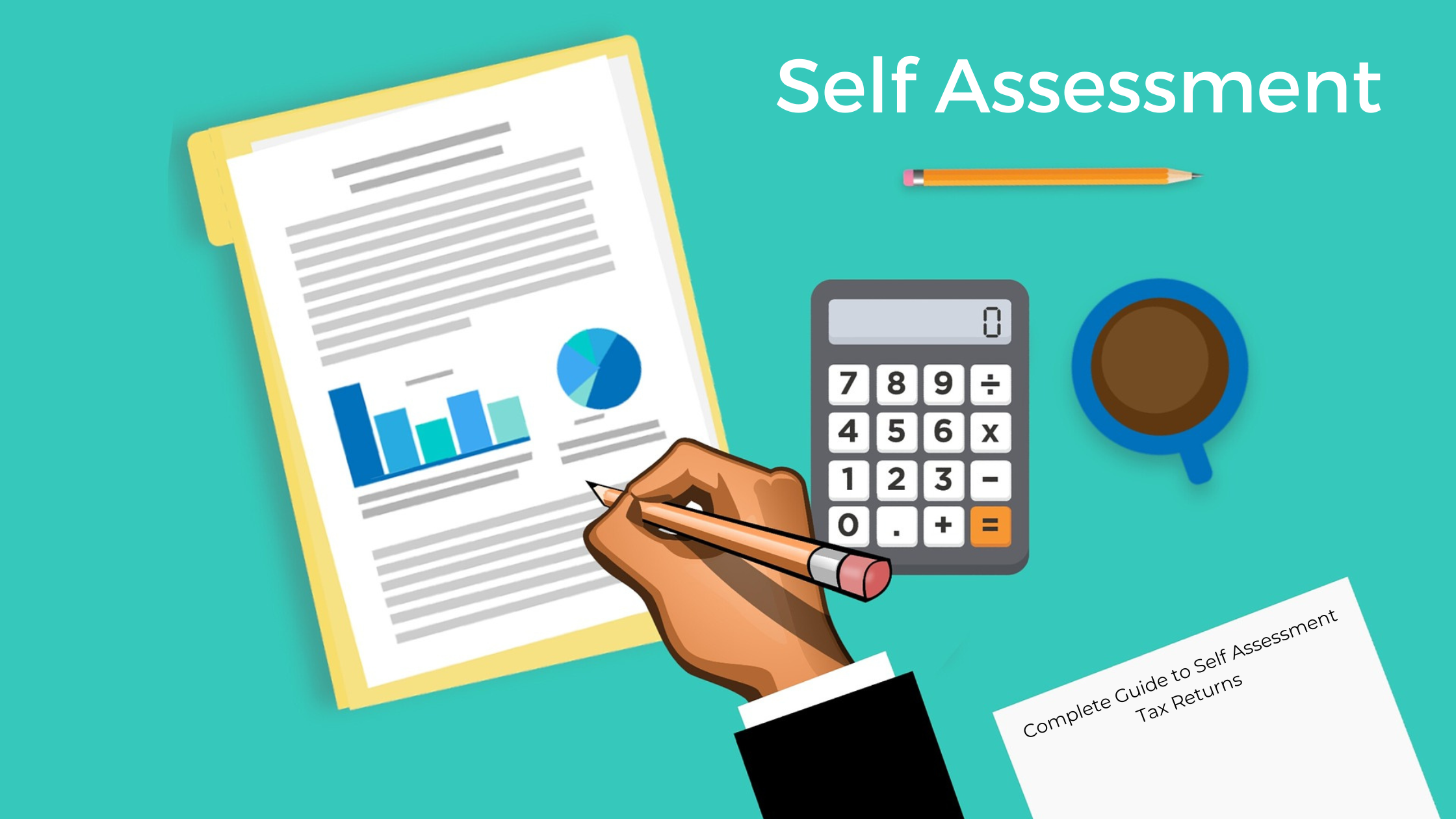This is a common question we get from individuals who are unsure if they meet the criteria to file a Self Assessment tax return.
Understanding the Self Assessment tax return
A Self Assessment tax return is a return that individuals must submit to HMRC to disclose their income and any tax due for a given tax year. The UK tax year starts from 6 April and ends on 5 April the following year. If you're submitting a paper return, the deadline is 31 October. For online submissions, the deadline is 31 January following the end of the tax year. If you owe tax, this is due at the same time as the online return.
For example, if you were to file a tax return for the 2024/25 tax year, you will report your income earned from 6 April 2024 to 5 April 2025. The paper return would be due by 31 October 2025 and the online return, along with any tax due, must be submitted and paid by 31 January 2026.
It’s important to note that late filing or late payment can result in penalties and interest charged.
Who must file a tax return
The following individuals would need to file a Self Assessment tax return:
- Self-Employed: Anyone with sole trader income over £1,000 (after allowable expenses).
- Partners in a Partnership: Those involved in a business partnership.
- High Earners: Employees or pensioners with income over £100,000 or complex tax situations (e.g., untaxed income).
- Savings Income: Those earning more than £1,000 from savings interest or dividend income. For higher rate taxpayers this is reduced to £500, and £0 for additional rate taxpayers.
- Landlords: Those earning rental income.
- Side Hustlers: People with income from gigs like eBay sales, freelance work, or platforms like Etsy or Uber.
- Capital Gains: Capital gains over the annual exempt amount of £3,000 for 2024/25, even if already reported via real-time reporting.
- Foreign Income: Those receiving foreign income.
Who may not need to file
Employees taxed via PAYE with no other income typically do not need to file, as any tax owed or refunded is handled through the payroll system.
If you earn income from self-employment or UK land/property and it's under the £1,000 trading/property allowance (after expenses), you may not need to file.
Likewise, income earned within ISAs (Individual Savings Accounts) is tax-free and does not require reporting.
Key updates for 2024/25 and beyond
Basis Period Reform: From the 2024/25 tax year, self-employed individuals must align their reported profits with the tax year itself — a move designed to simplify tax filings.
Making Tax Digital: From 6 April 2026, self-employed individuals and landlords with turnover over £50,000 will need to keep digital records and submit quarterly updates to HMRC.
Still unsure? We’re here to help
If you are still unsure about your tax filing obligation, we would be more than happy to help you.
At Talwar Accountants, we have helped several clients navigate their tax affairs. Please do not hesitate to get in touch and book in a free consultation!
A qualified tax advisor will meet with you to understand your circumstances, answer any queries or concerns you may have, and outline the next steps.

Comments